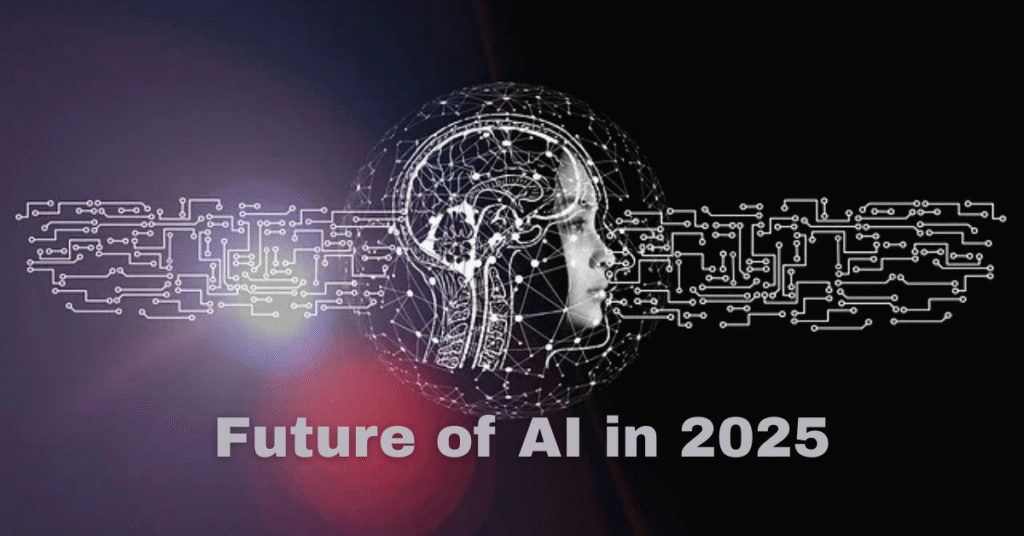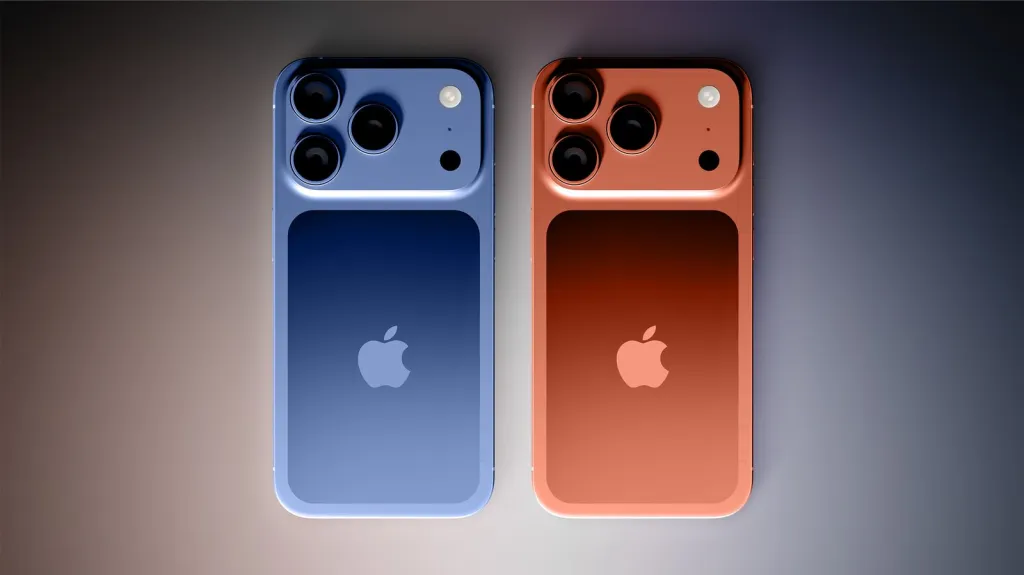Technology in 2025 is no longer about devices — it’s about intelligence. Artificial Intelligence (AI) now powers not just workplaces but lifestyles. It anticipates, learns, and evolves faster than any human workflow ever could.
The Rise of Everyday AI
From smart assistants that truly understand context to cars that navigate autonomously through complex environments, AI has transcended its early limitations. Machine learning models no longer just execute commands; they make intuitive decisions based on vast behavioural datasets.
Your home is now an adaptive ecosystem — lighting adjusts to mood, refrigerators track your diet, and security systems learn family routines. It’s hyper-personalisation at scale.
Quantum Leap Ahead
Quantum computing has entered the enterprise era. Where traditional systems failed to process massive datasets, quantum processors now simulate complex phenomena, from climate models to drug design. Businesses that adopt this technology early are already outperforming their competitors.
Automation 2.0
AI isn’t stealing jobs; it’s reshaping them. In manufacturing, predictive maintenance prevents downtime. marketing, AI automates personalisation and analytics. In software development, “vibe coding” (natural-language-to-code interfaces) is making programming conversational.
The future belongs to those who understand how to work with machines, not against them.
The Next Frontier: Ethics and Ownership
The biggest question of 2025 isn’t what AI can do — it’s who controls it. Data ownership, algorithmic bias, and creative copyright have become central debates. The companies that lead ethically will lead sustainably.
Conclusion
Tech in 2025 isn’t a trend — it’s the new foundation of human experience. The question isn’t whether AI will shape your world. It already does. The challenge is: how ready are you to shape it back?


